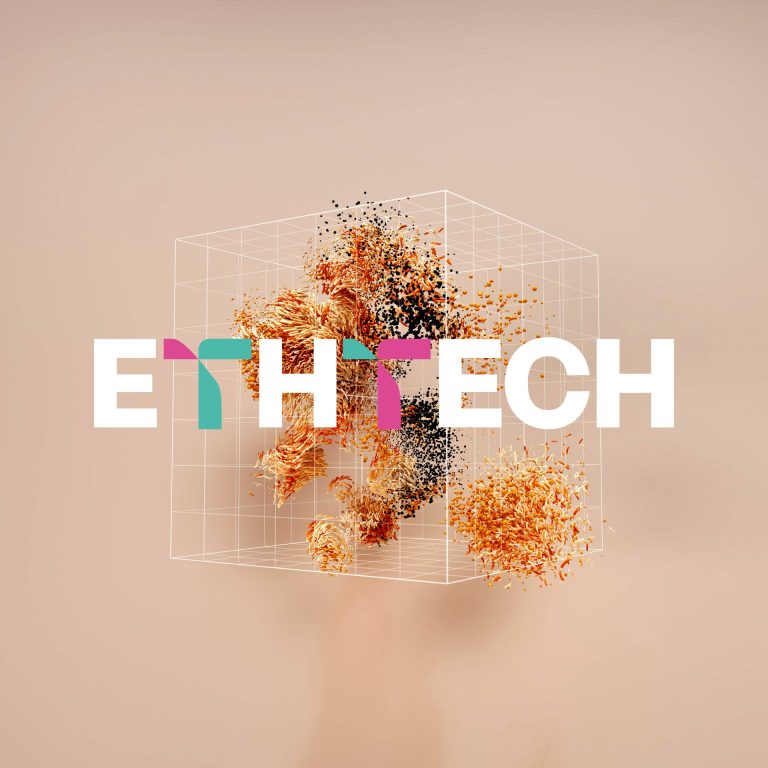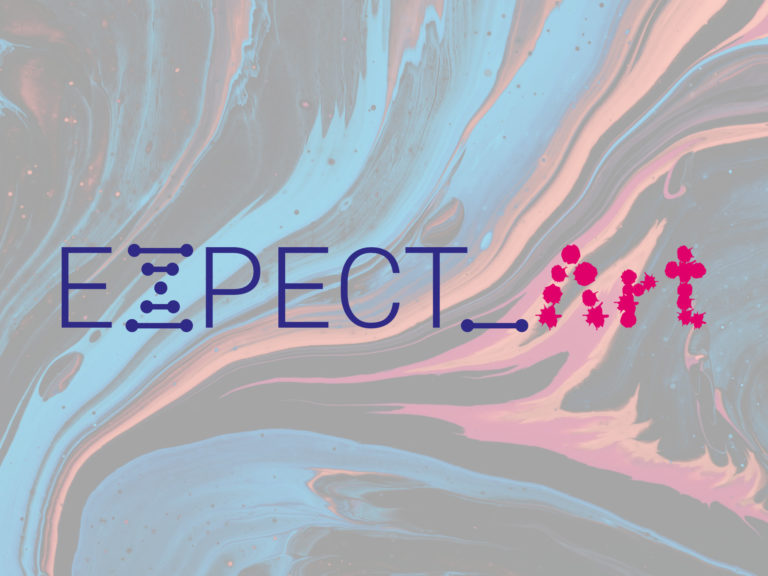Preparation of materials for the follow-up of educational innovations in primary and secondary schools.
Generalitat de Catalunya. Departament d’Ensenyament. ED-2018-1215
Research context
Xarxa de Competències Bàsiques is an initiative of the Department of Education of the Generalitat de Catalunya, which has a history of 17 years. Its main aims are: 1) To promote the creation of pedagogical spaces in the schools to strengthen teaching teams; 2) To promote the exchange of experiences and the creation of shared knowledge, and 3) To share a modality of educational training between peers and in the network to improve the learning of the students.
The planned participation in the Xarxa for the 2018-19 course is 550 public and primary schools. This means the involvement of more than 5,000 teachers from different territories of Catalonia. In this process, and as part of the group of experts that collaborates with the advisory team of the Xarxa, the IP of this research proposal is involved.
On the Xarxa, since 2015 and under the title “Project based education: authentic learning”, the focus of training, the exchange between teachers and the improvement of student learning has been built around encouraging teaching and learning globally and in collaboration.
Hypothesis
The training model of Xarxa de Competències Bàsiques and its push for teaching and learning globally generates changes in the conceptions and practices of teachers and students on knowledge, curriculum, evaluation, relationships, the inside and the outside of the schools, and the organization of time and spaces that contribute to the transformation of the life of the schools.
Objectives of the project
- Establish an experience of collaboration between the advisory team of Xarxa de Competències Bàsiques, the participating teachers and the group that develops the research, in order to generate knowledge that will make it possible to evaluate and expand the Xarxa’s aims.
- Evaluate the formative model of the Xarxa, as a framework of transformation processes that are attempted to promote in schools in Catalonia.
- Generate evidence to assess the contributions and tensions that teaching and learning globally produce in the life of the learning institutions and the learning processes of students.
- Detect the conceptions of teaching staff around teaching and learning globally, and establish possible relationships with their availability for the transformation of the pedagogical relationships of the schools.
- Detect how teachers, students, and families experience the changes that are generated from learning globally.
- Carry out six case studies, which will allow to explore in depth the movements in the schools in relation to the knowledge, the curriculum, the relations, the organization of the times and the spaces, the transits between the inside and the outside of the school and the evaluation .
- Assess the effects of learning globally in the involvement of students and in the inclusion of differences.
- Contribute to the fact that teaching staff practice is based on the evidence that is derived from research.
- Involve the different groups of the educational community (teachers, students, families, training coordinators, social agents…) in a process of School transformation.
- Make a return to the schools and teachers of the Xarxa of the research results, so that they have evidence to continue the process of transformation in which they are immersed.
- Disseminate the process and results of the research in different events and publications, so that they can benefit the educational community.
Questions about what we want to know
- How to evaluate the formative model of the Xarxa to obtain evidences on its effects for the transformation of the schools in Catalonia?
- How to monitor and evaluate the teacher’s transition to a integrated teaching and learning perspective, which questions the school’s grammar (Tyack and Tobin, 1994) and its conceptions?
- How the integrated perspective in relation to their trajectories and the cultures of each school is appropriated (adapted, transformed, resisted and/or expanded) by the teachers ?
- To what extent is a integrated perspective favoring teachers’ sharing and students’ meaningful learning?
- In what aspects does the integrated perspective contribute to the transformation of the schools?
- What educational and social benefits (in terms of students’ inclusion and authorship, school climate, collaboration with different groups) contribute to the adoption of learning globally?
- How to generate strategies that make it possible to formatively evaluate the issues that are related to the previous questions?
- How to transfer to the educational community the processes and results derived from this process of training, development and transformation?
Results
Sancho, J.M. & Hernández, F. (2021). When to write is to analyze in ethnographic inquiry. ECER2020, Ginebra, 6 a 9 de septiembre.



